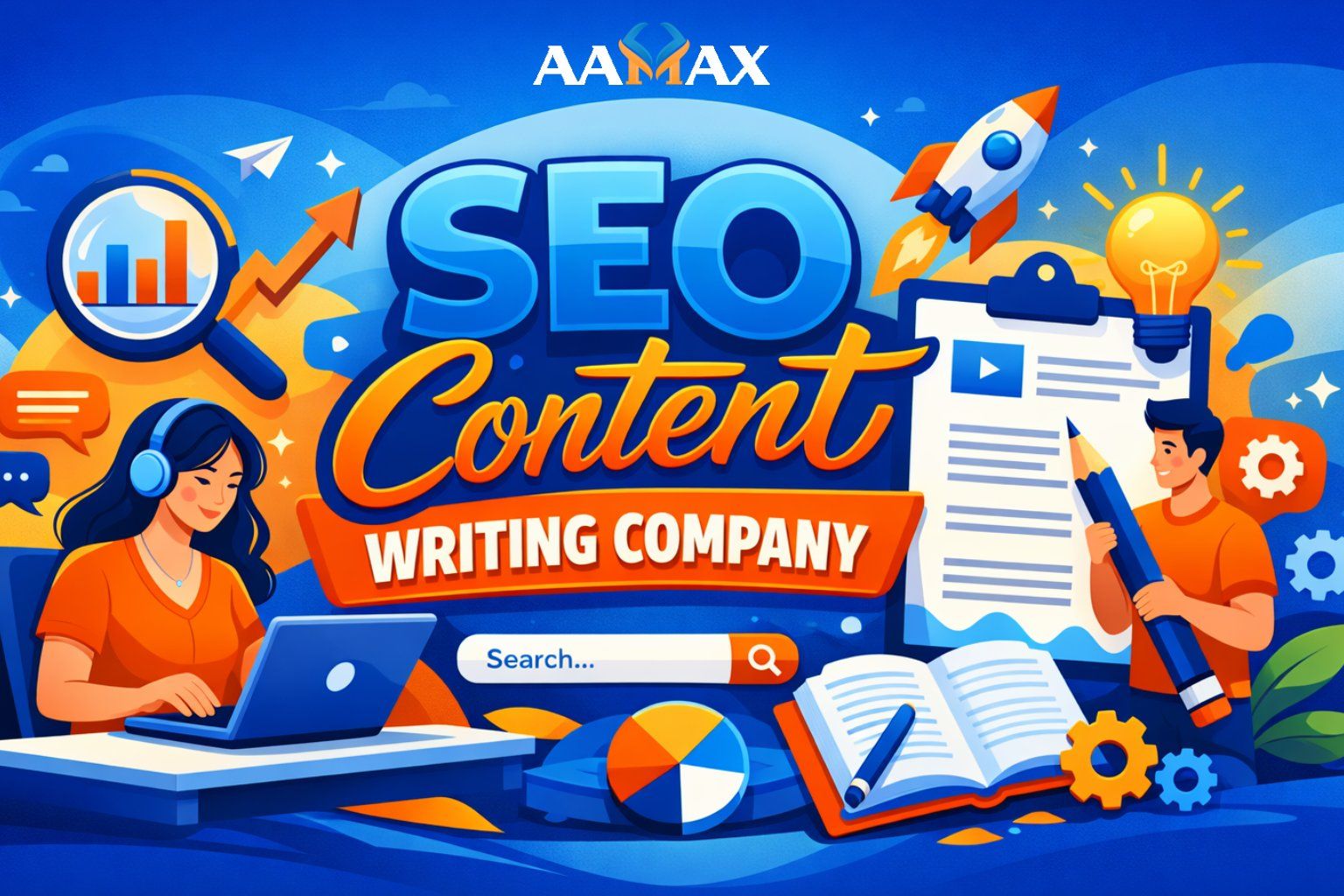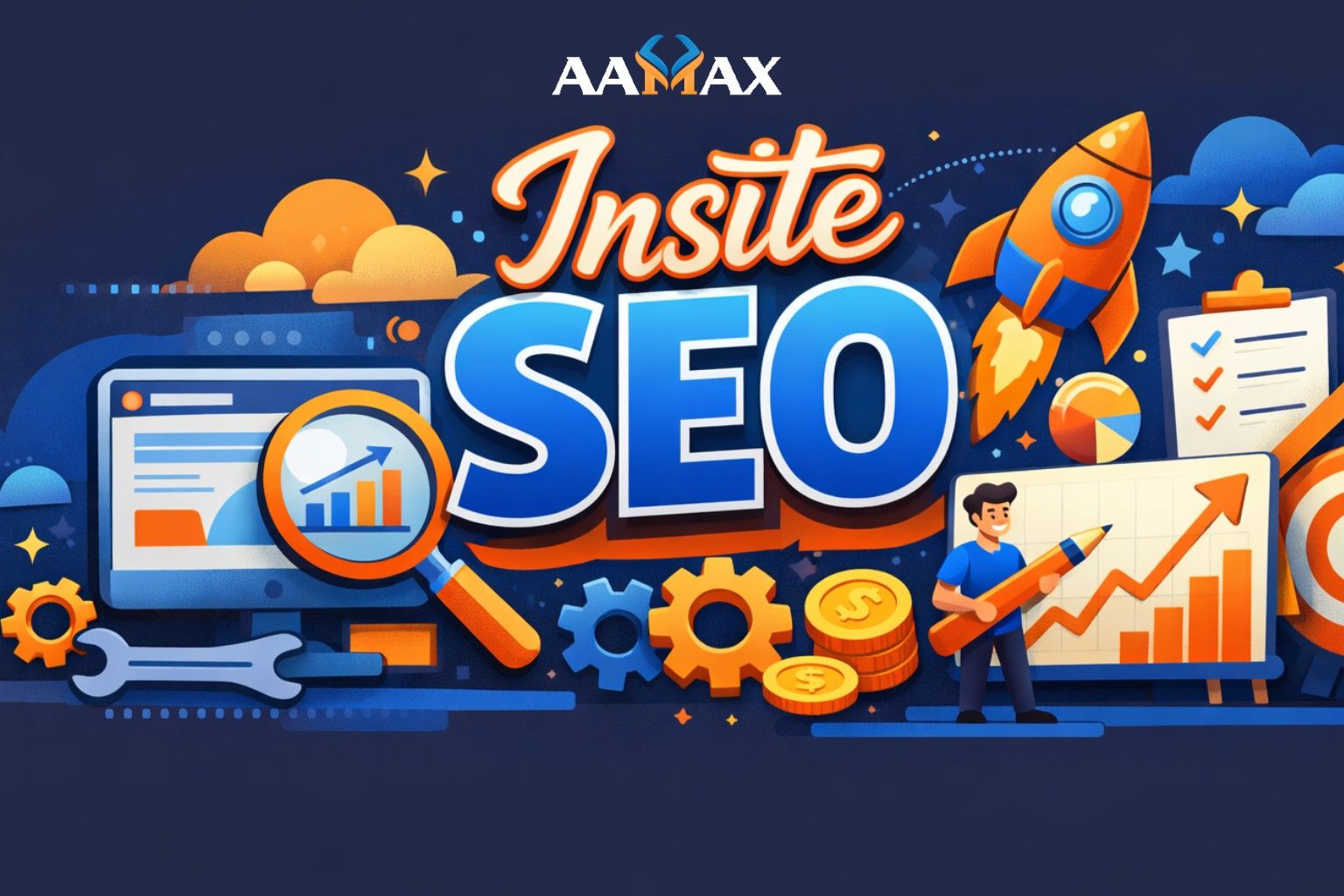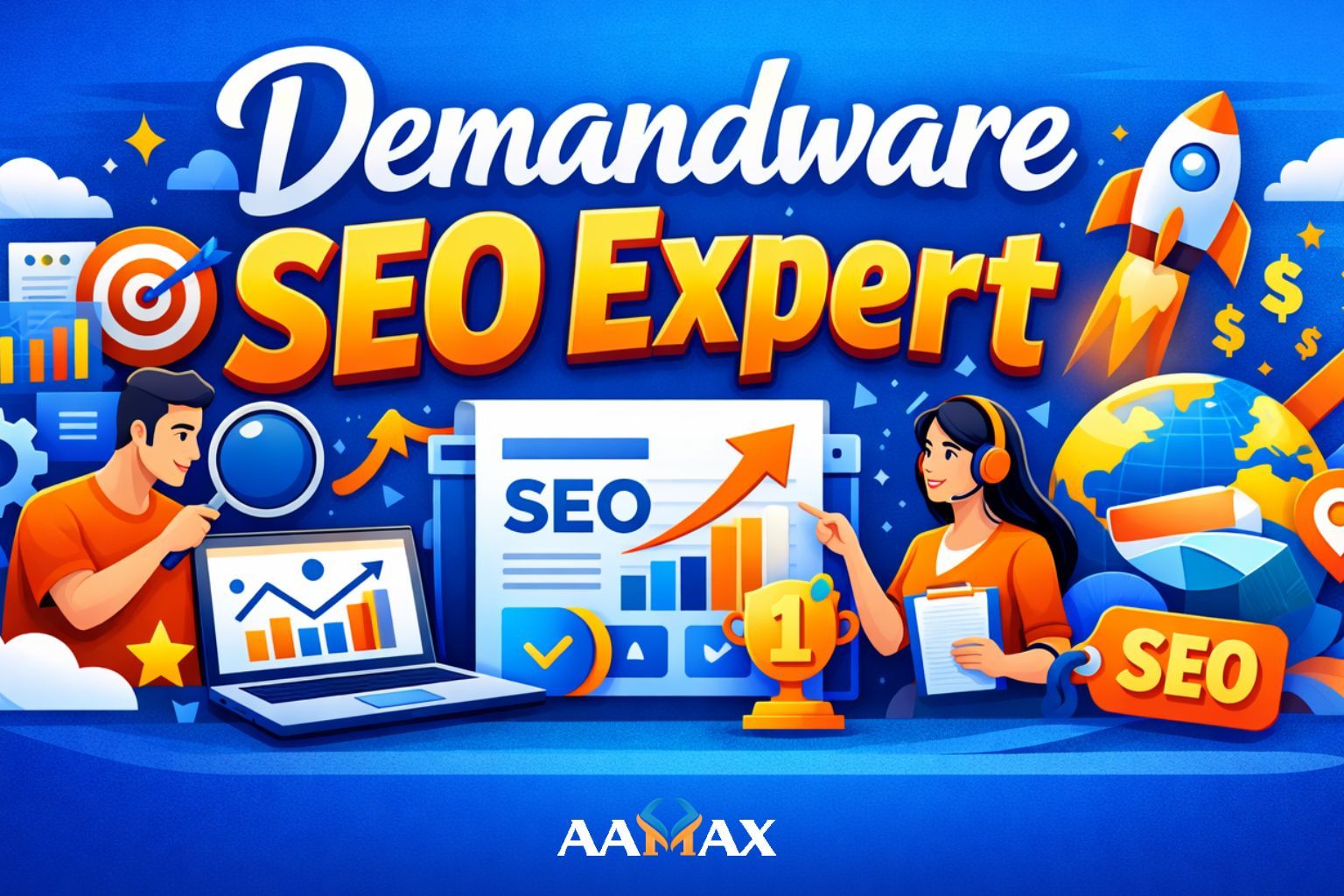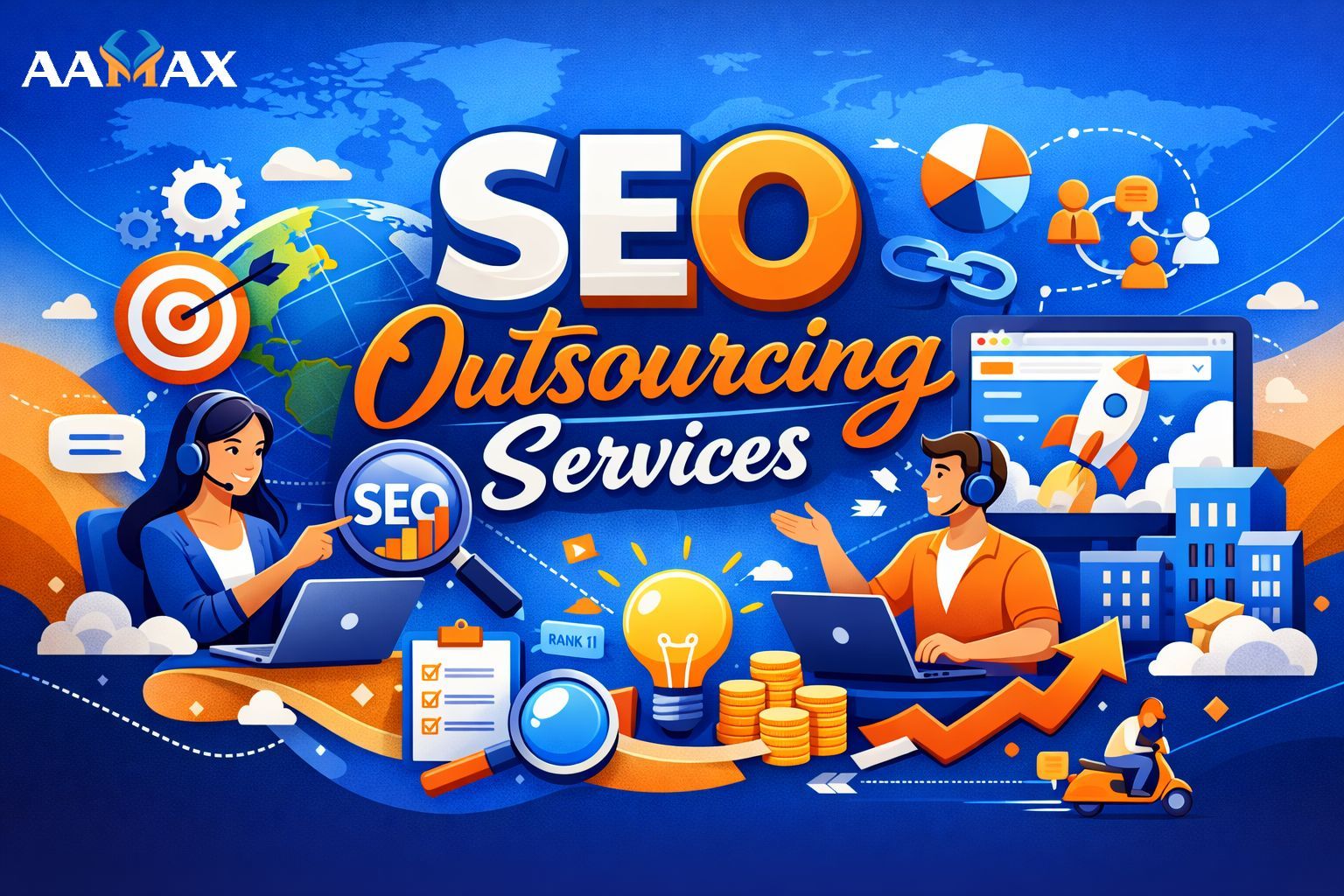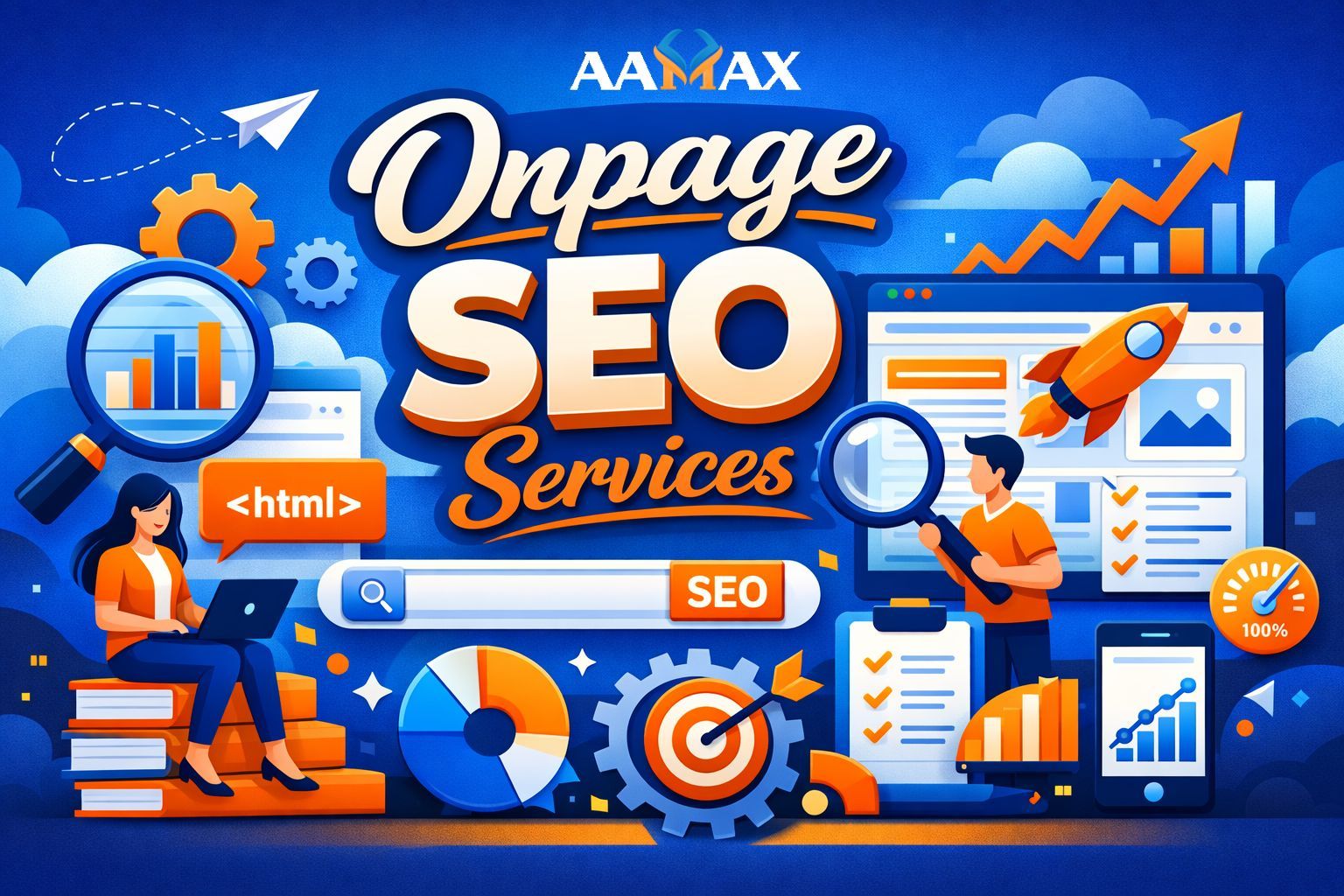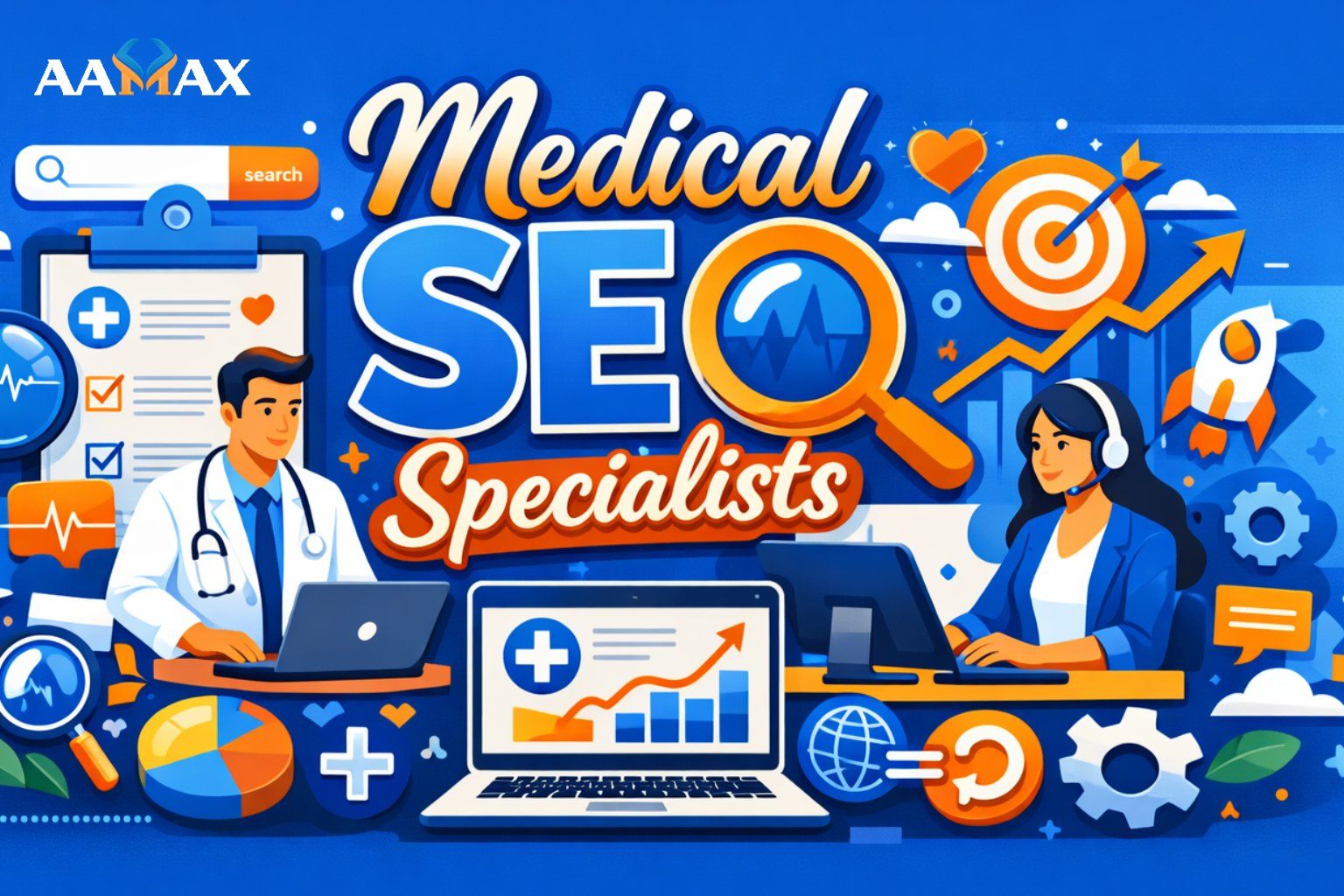
Is AI Content Good or Bad for SEO?
Artificial Intelligence (AI) has completely transformed how we create, optimize, and deliver content on the web. From automated article generation to smart keyword analysis, AI tools have become a vital part of digital marketing and SEO strategies. But with this rapid evolution comes a critical question: Is AI-generated content good or bad for SEO?
The answer isn’t as simple as “yes” or “no.” It depends on how you use AI content, what goals you have, and how much human oversight is involved. In this detailed guide, we’ll explore every aspect of AI content and its impact on Search Engine Optimization (SEO), user experience, and long-term brand reputation.
Understanding AI Content
AI content refers to any text, images, or videos generated with the help of artificial intelligence tools like ChatGPT, Jasper, Copy.ai, or other machine learning models. These systems analyze large datasets, understand human language, and generate new, relevant content based on prompts or topics.
AI content can include:
- Blog articles and website copy
- Meta descriptions and title tags
- Product descriptions for e-commerce
- Email campaigns and ad copies
- Social media captions
The appeal of AI content lies in its speed, scalability, and affordability. But SEO success is not just about volume — it’s about quality, context, and value.
How Google Views AI-Generated Content
Google’s stance on AI content has evolved significantly. Initially, AI-generated content was discouraged because it often violated Google’s spam policies — especially when used to manipulate rankings without offering value.
However, in recent years, Google clarified that AI content is not inherently bad, as long as it meets the core criteria of E-E-A-T (Experience, Expertise, Authoritativeness, and Trustworthiness).
In other words, if AI-generated content provides real value to users, is factually correct, and demonstrates expertise, it can perform just as well as human-written content.
Key takeaway: Google doesn’t care whether a human or a machine wrote your content. What matters is that it helps users, answers their questions, and aligns with search intent.
Advantages of Using AI for SEO
AI-driven tools are powerful allies for marketers and SEO professionals. When used correctly, they can save time, enhance strategy, and improve performance.
1. Speed and Efficiency
Creating high-quality content manually takes hours or even days. AI tools can draft blog posts, product pages, or ad copies in minutes — allowing teams to publish content faster.
For SEO agencies or large websites that need to scale, this speed advantage is game-changing.
2. Improved Keyword Targeting
AI can analyze massive keyword datasets and recommend clusters, long-tail variations, and user intent insights. This means your content can be more data-driven and search-relevant from the start.
Tools like SurferSEO, Clearscope, and Frase use AI to guide content writers toward SEO-friendly structures and semantic keyword usage.
3. Consistency and Brand Voice
AI models can be trained or fine-tuned to match a specific tone, vocabulary, or brand identity. This helps maintain consistent messaging across all your marketing channels.
4. Enhanced Personalization
AI helps tailor content for specific audience segments. Using user data, behavioral insights, and predictive analytics, AI can personalize landing pages, recommendations, or email sequences — improving engagement and conversion rates.
5. Content Optimization and Updates
AI can analyze existing articles, identify keyword gaps, and suggest improvements. This is vital for content refresh strategies, ensuring your pages stay relevant and competitive.
Disadvantages and Risks of AI Content
While AI tools offer tremendous benefits, overreliance can create serious SEO and credibility problems.
1. Lack of True Originality
AI content generators rely on patterns in existing data, which can lead to generic, repetitive, or even plagiarized text. This lack of originality can harm your brand reputation and reduce organic visibility.
2. Limited Understanding of Context
AI doesn’t truly “understand” emotions, nuance, or culture. This can result in awkward phrasing or inaccurate statements that fail to connect with readers or misrepresent your brand.
3. Factual Inaccuracies
AI models sometimes “hallucinate” — generating incorrect information that sounds credible. If this goes unchecked, your site can lose credibility and potentially mislead users.
4. Over-Optimization and Spam Risk
Some marketers use AI to churn out keyword-stuffed content in bulk. This might work temporarily, but Google’s algorithms quickly detect low-value or repetitive pages, leading to ranking penalties.
5. Weak E-E-A-T Signals
AI content typically lacks real-world experience or firsthand expertise. Google’s E-E-A-T framework rewards content written by experts with proven authority. Therefore, AI-generated text must be fact-checked and enhanced by humans to meet these standards.
Balancing AI and Human Expertise
The most effective SEO strategies don’t replace humans with AI — they combine both strengths.
Here’s how you can strike that balance:
✅ Use AI for Data and Drafting
Let AI handle the initial research, keyword mapping, and structural outlines. This helps you save time and ensures your content is optimized from the start.
✅ Add Human Creativity and Experience
Have a human editor refine the AI-generated draft. Add case studies, real-world insights, examples, and emotional storytelling — elements that AI can’t replicate authentically.
✅ Optimize for Search Intent
AI tools can identify intent types (informational, transactional, navigational), but humans must ensure the final content truly answers what users are looking for.
✅ Include Author Bios and Sources
To boost trust, include human author names, bios, and citations. This improves your site’s E-E-A-T credibility.
AI and the Future of SEO
AI will continue to shape SEO in remarkable ways. Tools like Google’s Gemini, OpenAI’s GPT-5, and other NLP models are learning to analyze search behavior, intent, and semantic meaning better than ever before.
Here are a few trends shaping the next chapter of AI-driven SEO:
1. Semantic Search Optimization
Search engines are moving from keyword matching to intent understanding. AI content tools that generate semantically rich, context-aware text will dominate this space.
2. AI-Enhanced Content Strategy
AI will assist marketers in content planning — suggesting trending topics, content gaps, and performance predictions.
3. Automated Content Auditing
AI crawlers can now analyze website performance, internal linking, meta data, and on-page optimization — automatically flagging issues that affect rankings.
4. Voice Search and Conversational SEO
With smart assistants like Alexa, Siri, and Google Assistant, conversational content optimized for voice search is becoming essential. AI helps structure answers that sound natural in spoken form.
5. AI-Powered Visual and Video SEO
AI-generated images, infographics, and videos are transforming multimedia SEO. Search engines are beginning to interpret visuals through computer vision — making alt text and metadata optimization even more important.
How to Use AI Content Safely for SEO
If you plan to integrate AI-generated text into your content strategy, follow these best practices to stay compliant with Google guidelines and user expectations.
1. Always Edit and Review
Never publish raw AI content. Always review, fact-check, and refine for tone, grammar, and accuracy.
2. Keep It Original
Use plagiarism checkers to ensure your AI text is unique. Avoid copying or rewording existing web content.
3. Prioritize Quality Over Quantity
Publishing ten low-quality AI blogs a day won’t help your rankings. Focus on fewer, high-value pieces that solve user problems.
4. Combine AI with SEO Tools
Use platforms like Ahrefs, SEMrush, or SurferSEO alongside AI writers. This ensures your content meets both search engine and human standards.
5. Add Real Value
Enhance AI-generated text with insights, statistics, and references from credible sources. Value-rich content always ranks higher.
6. Maintain Transparency
It’s okay to mention that AI assisted in creating the content — as long as humans verified the information. Transparency builds trust with your readers.
Real-World Examples of AI in SEO
Many leading brands are already using AI to optimize content creation and marketing performance:
- E-commerce Stores: AI generates thousands of product descriptions tailored for SEO.
- News Outlets: Automated journalism tools like Heliograf and Wordsmith create breaking news summaries.
- Agencies: SEO firms use AI to analyze competitors, generate content briefs, and audit websites.
However, all successful implementations share one thing in common — human oversight. Without it, even the best AI tools can produce errors that damage brand credibility.
Why You Should Hire Professionals for AI SEO
Integrating AI into your SEO strategy requires more than just a few tools — it requires expertise in algorithms, content strategy, and ethical best practices.
That’s where AAMAX comes in.
AAMAX is a full-service digital marketing company specializing in Web Development, Digital Marketing, and SEO Services. Their team combines the precision of AI with the creativity of human strategists to deliver:
- AI-driven keyword and topic research
- High-quality content writing optimized for Google’s algorithms
- On-page and off-page SEO strategies
- Technical audits and AI-based insights for better performance
Hiring professionals ensures your AI-generated content enhances your rankings instead of hurting them. With AAMAX, you get a balanced strategy that leverages the power of AI while maintaining the authenticity and trust Google rewards.
Final Thoughts
So, is AI content good or bad for SEO?
The truth is: AI content is only as good as the people who use it. When leveraged responsibly — with creativity, accuracy, and human oversight — AI can dramatically improve your SEO efficiency and performance. But when misused for shortcuts or spam, it can quickly backfire.
The future of SEO isn’t about humans versus machines — it’s about humans and AI working together to deliver smarter, faster, and more engaging online experiences.
If you’re ready to elevate your SEO strategy with the right blend of AI and expert insight, hire AAMAX today and see how advanced AI SEO services can transform your business growth.

